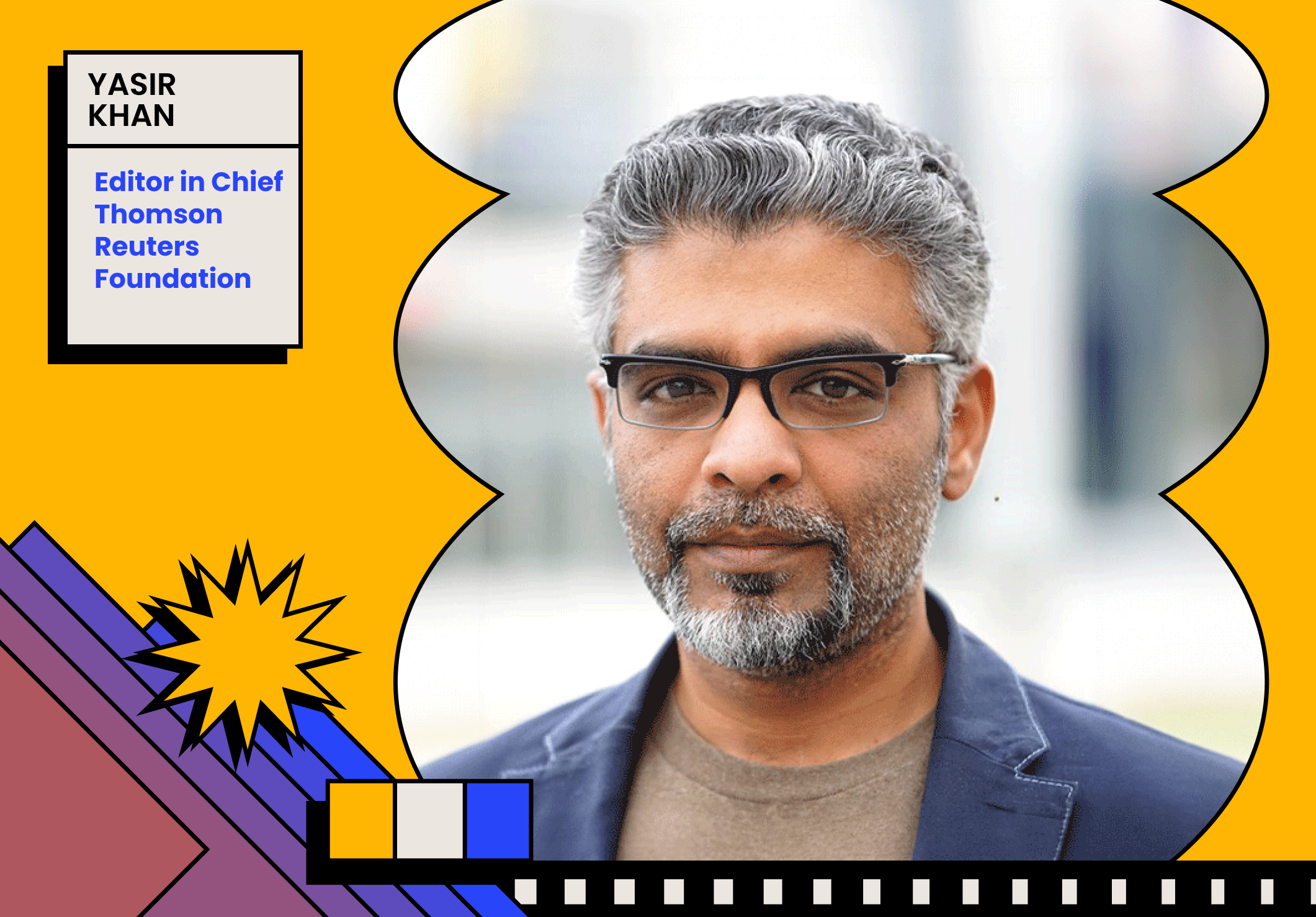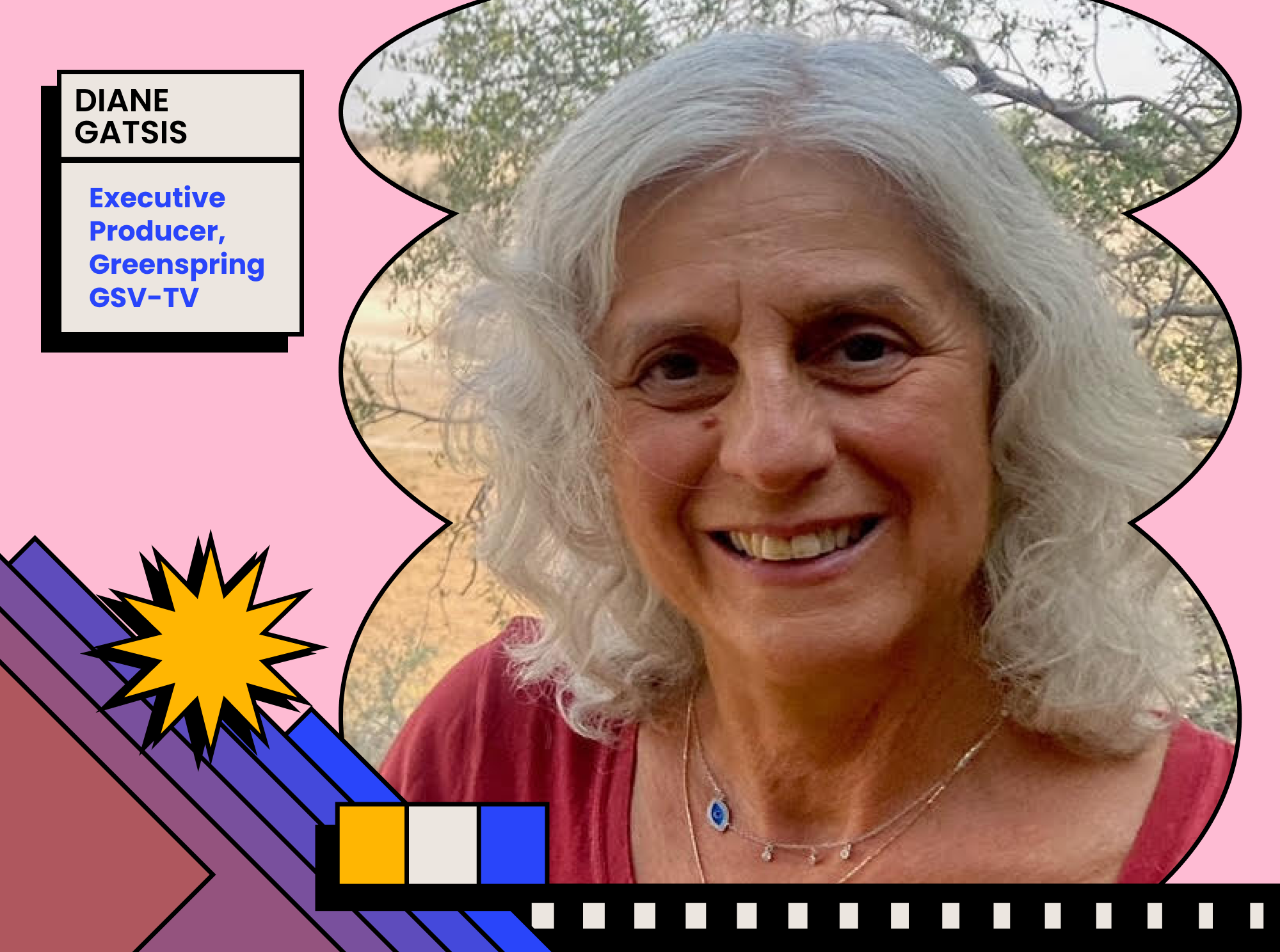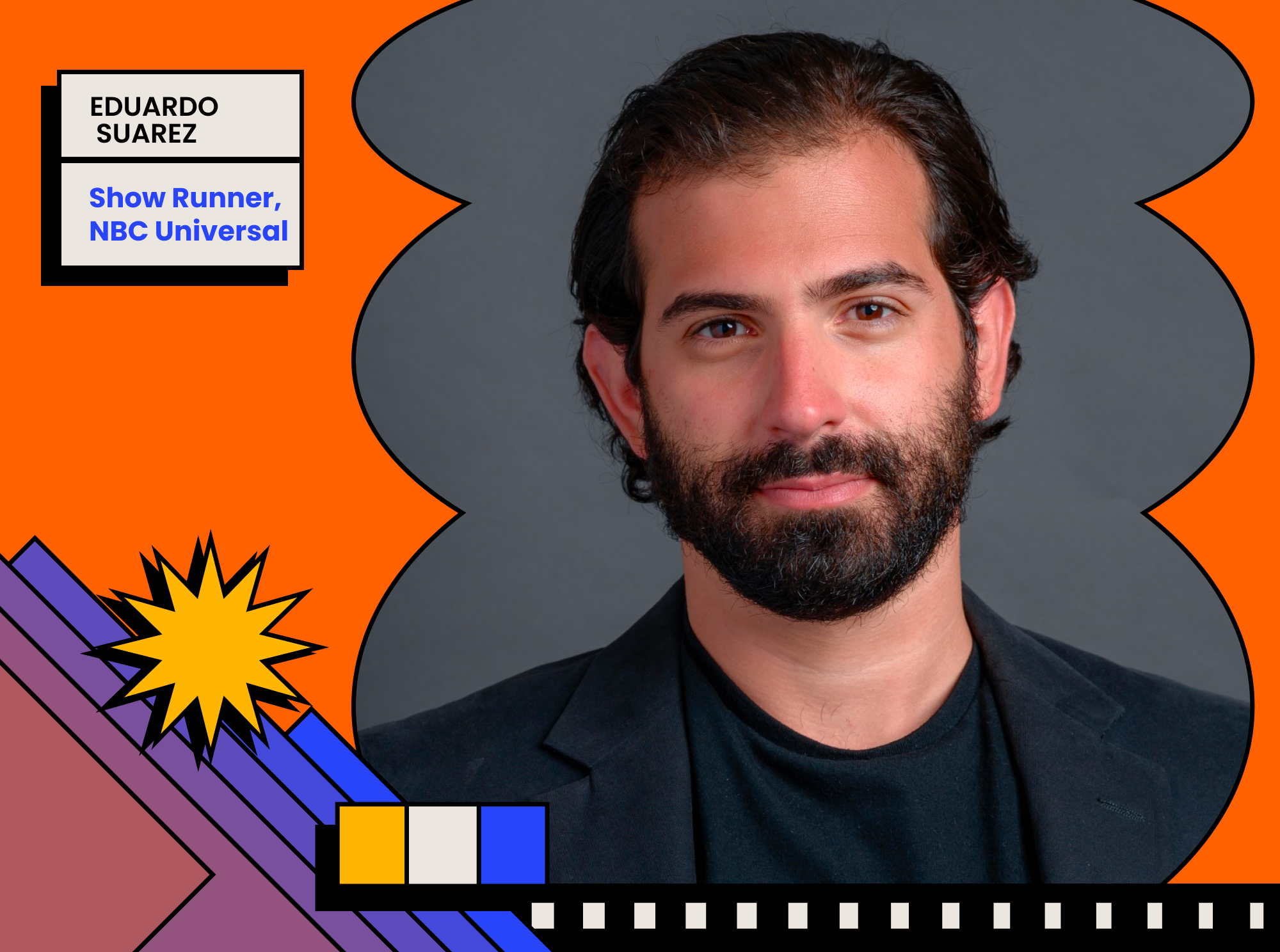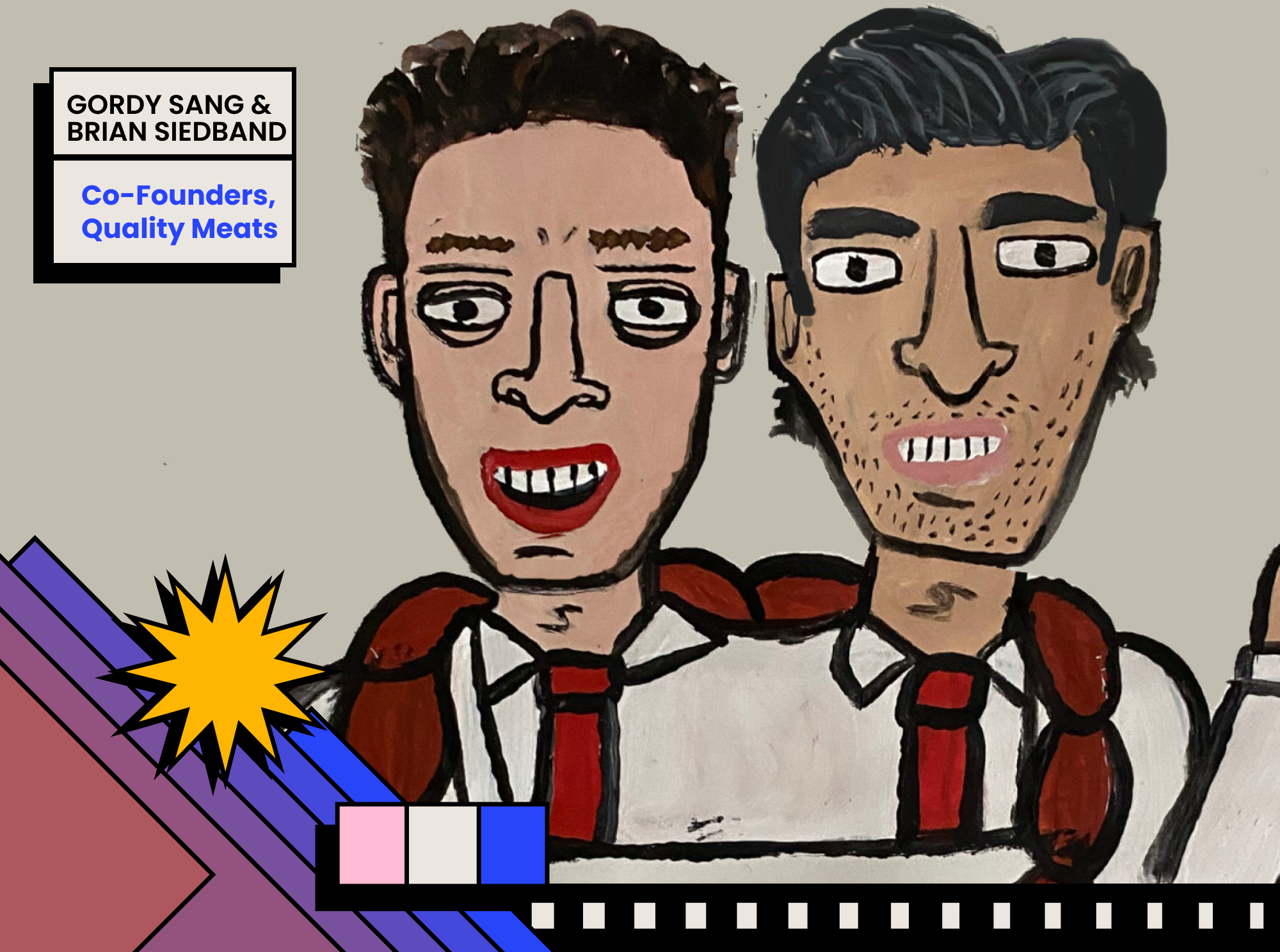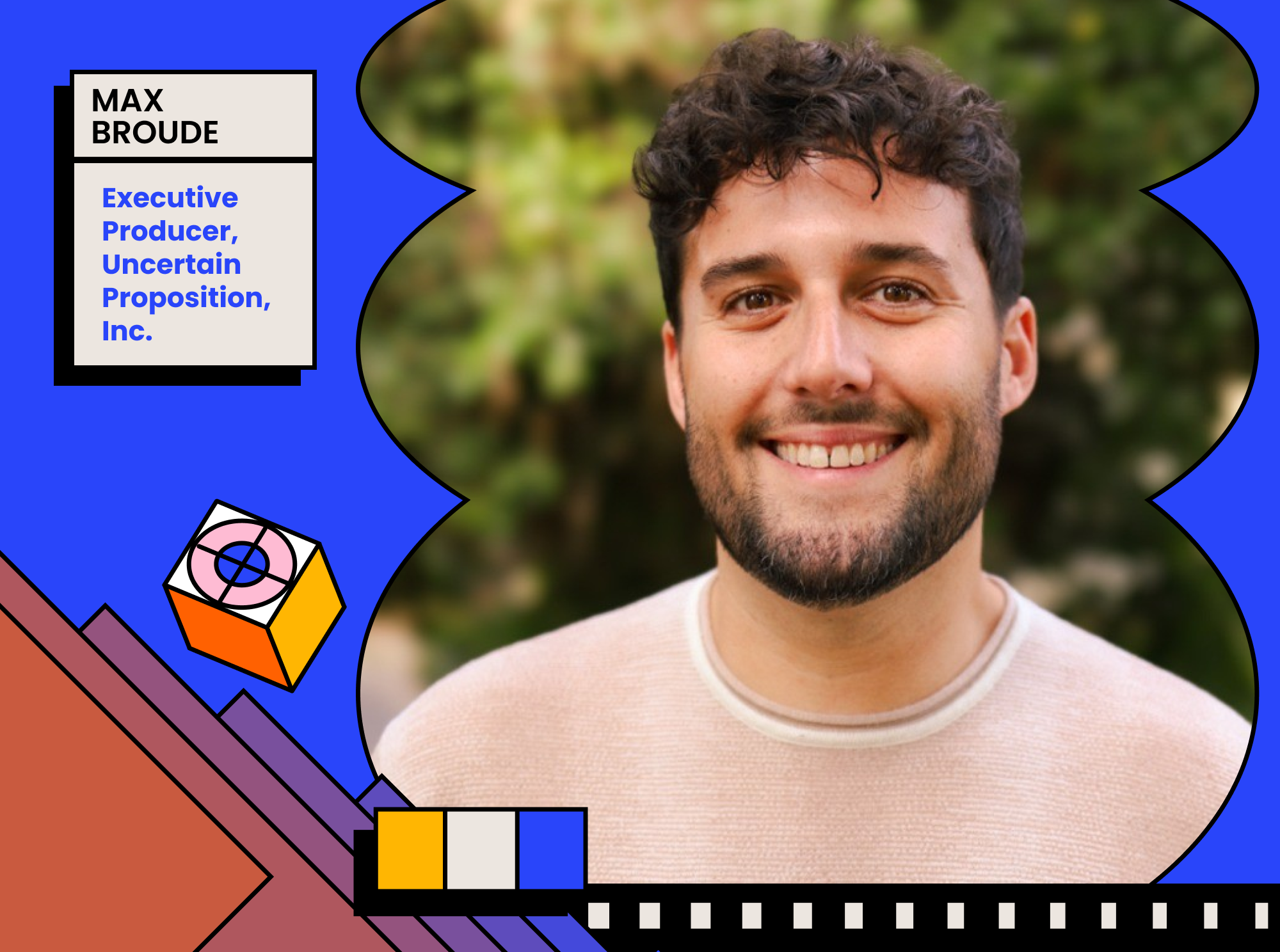The Telly Awards are excited to introduce a new member of the Telly Judging Council: Yasir Khan, Editor-in-Chief of Thomson Reuters Foundation. An accomplished figure in the realm of digital media, documentary filmmaking, podcasting, and public speaking, Yasir boasts a remarkable 25-year career in journalism across renowned platforms such as Al Jazeera, CBC, CNN, National Geographic, and Euronews. We spoke with Yasir about his first industry job, the tools and tech he works with everyday, and what he’s looking forward to when it comes to judging the Telly’s.
What was your first job in the industry? What did it teach you?
It was an unpaid internship in CNN’s Environment Unit in 1997, where I wasn’t asked to make photocopies or get coffee for people, but rather put to work on news stories and TV shows. Every single producer in the unit took me on as a colleague, taught me, critiqued my work and guided me to becoming better and better as a journalist. Most of us are friends to this day.
It taught me to be kind to even my most junior colleagues, be open to learning from them and treat them as equals.
It also taught me to pay it forward by taking a chance on young, smart people.
What’s a creative risk you took recently? How did it turn out?
Starting the digital video unit at Al Jazeera English and creating their digital short docs strand, AJ Shorts. I didn’t ask for permission. I didn’t explain what I was doing.
My boss was kind enough to leave me alone.
How did it turn out? I ended up assembling a team of some of the best people I’ve ever known in my career, making some of the channel’s most viewed films to date.
What project are you most proud to have worked on?
I’m really proud of what I’m currently helping build at the Thomson Reuters Foundation – our digital news platform, Context.
What’s the best part of your job? What’s the most challenging?
We’ve built a team of journalists stretching from Manila to Mexico City who tell deep, consequential stories that have actual impact on peoples’ lives. What could be more fulfilling than to wake up every day and do life-changing work?
The challenge with a team that’s spread across the globe is spending 1 on 1 time with people and building deep relationships. A video call or a Teams chat only takes you so far. I miss being able to take an impromptu walk or duck out for a coffee or a smoke with a colleague, or turn my head and run an idea by someone.
What do you look forward to most as a new Judging Council member?
The incredibly creative ideas and the execution of those ideas. Even when you’re in a job that involves being creative, it’s only natural to fall into routines. Judging awards like the Tellys forces me out of those routines, exposes me to some of the best new ideas out there and inspires me to think more creatively in my own work.
How do you unwind from work mode?
Chai. A cup of chai and some ‘70s Bollywood music will fix everything.
How do you stay up-to-date in your industry?
I read about 10 different news and industry websites a day, doom scroll, watch way too much online video, invest in coffees with smart industry friends and religiously read (and re-read) the Reuters Institute’s annual Digital News Report. Required reading for anyone in my business.
What inspired you to join the field and create the kind of work you do?
My father brought me to Canada to become a doctor and I realized I was skipping neuroscience classes and labs to sit in on economics, social anthropology and arts courses because I liked the exposure they gave me to people and their stories.
When did you realize your worth?
I seriously doubt I’ve ever realized my worth. Something I should probably spend time on.
What’s a work tool you use every day and what’s one that is obsolete that you wish still existed?
When I was making films, it was my Sony Z1 camera, but nowadays my entire work life lives in my iPhone 12.
I wish the rotary dial phone still existed. You had time to think about what you wanted to say while you dialed the phone number, and you had actual conversations with people because you’d made the effort to dial their number.
And you hated people with zeros in their numbers because those took the longest to dial.
Also, you couldn’t take selfies.

